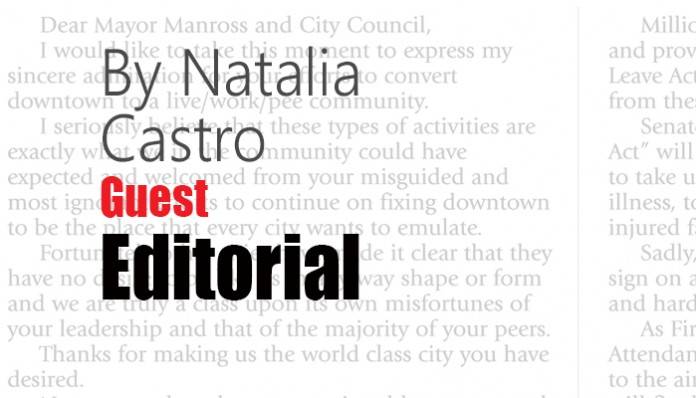To avert constant Democratic threats of a government shutdown, President Trump and Congress have been forced to pass short-term spending bills. The next deadline to pass funding is now March 23, and Congressional Republicans must use the time before them to outline key areas to save money, achieve policy objectives and reduce the deficit to ensure fiscal security moving forward.
President Donald Trump immediately expressed distaste for the Feb. 9 legislation which ended an overnight government shutdown; Trump admitted via Twitter, “Without more Republicans in Congress, we were forced to increase spending on things we do not like or want in order to finally, after many years of depletion, take care of our Military. Sadly, we needed some Dem votes for passage.”
The legislation, entitled the Bipartisan Budget Act of 2018, ends the spending caps on domestic and military spending, known as sequestration, for this fiscal year and the next by about $300 billion while lifting the federal debt limit until March 2019. While this averted a more protracted shutdown, it also angered conservatives in favor of fiscal austerity.
Before the March 23 deadline, Republicans must use their Article I power of the purse to defund government programs which are exacerbating our national debt and causing economic harm across the country.
Among the promised defunds which are continually funded under current spending measures are the new and existing power plant regulations, the Waters of the U.S. rule that regulates every puddle in America, methane emission regulations, sage grouse protections, Planned Parenthood funding, and the Corporation for Public Broadcasting.
The new and existing power plant regulations, a part of former President Barack Obama’s Clean Power Plan, waged a war on coal, making it much more expensive to do business in the U.S.
Obama’s methane emission regulations, implemented in Aug. 2016, places restrictions on the amount of gas released into the air during drilling operations on federal lands, placing a significant burden on producers while stifling innovation. This rule alone produced an estimated cost of $320 million in 2020 and $530 million in 2025, according to the Federal Register.
Similarly, the federal government protections of the sage grouse, a Western bird known for its flamboyant mating dance, have distorted the mission of the Department of Interior (DOI) and harmed U.S. energy security.
Despite not being considered an endangered species, the Obama era DOI instituted 98 sage grouse habitat management plans across ten states, marking a significant amount of land as protected spaces for the bird.
When Trump’s Interior Secretary Ryan Zinke announced initial plans to review and remove this order, it immediately sparked support from energy groups. National Mining Association President Hal Quinn said in a statement to the Washington Post, “This damaging and unnecessary ban would have barred mining on 10 million acres of mineral-rich lands, further increasing our import dependence.”
Congress must back the call from leaders in the Trump administration to reduce spending by defunding these unwanted programs — and then move to cut baseline spending if at all possible. Failing to adjust the baseline downward will only contribute to the burden of mounting debt.
Via Twitter, President Trump called for a simple solution to the country’s budgeting woes: elect more Republicans, since 60 votes are needed in the Senate to pass a spending measure. As Trump explained, “Costs on non-military lines will never come down if we do not elect more Republicans in the 2018 Election, and beyond. This Bill is a BIG VICTORY for our Military, but much waste in order to get Dem votes. Fortunately, DACA not included in this Bill, negotiations to start now!”
If Congress is going to implement the spending cuts our country needs, there are only two options — win over 60 Republicans in the Senate in the 2018 midterms or push the Democrats to the negotiating table. Either way, Congress must institute spending cuts this time around, no matter how difficult the path is to get there.
Natalia Castro is a contributing editor at Americans for Limited Government.





